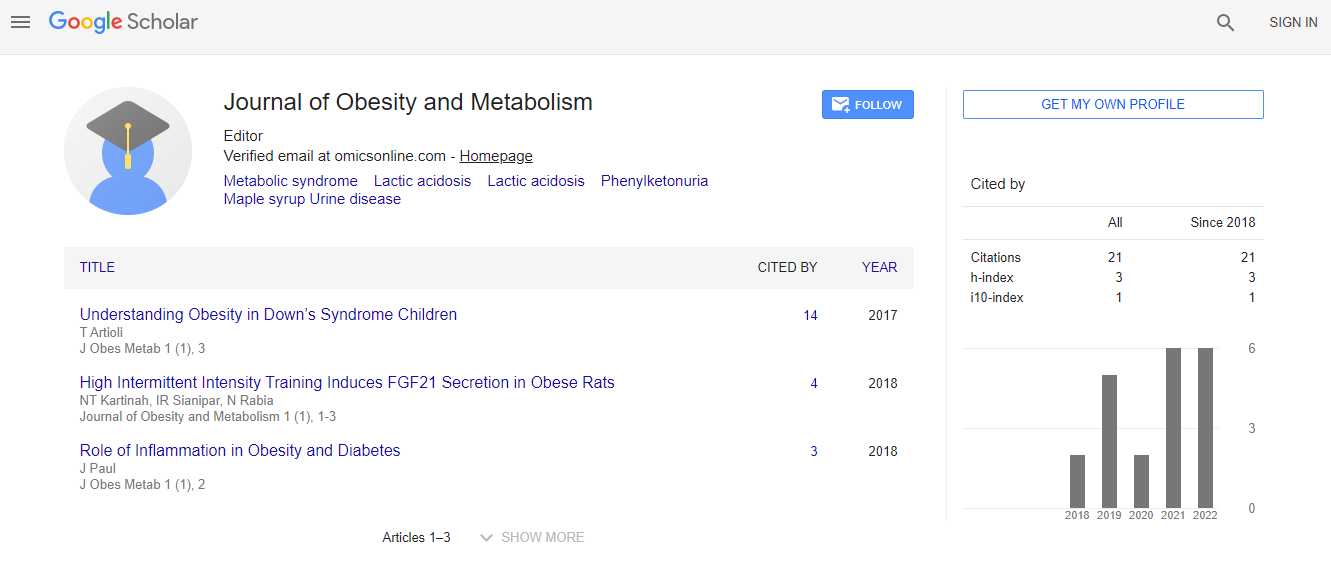Identification of bisphenol A in bottled water using solid-phase extraction and ultraperformance liquid chromatography-tandem mass spectrometry
*Corresponding Author:
Copyright: © 2020 . This is an open-access article distributed under the terms of the Creative Commons Attribution License, which permits unrestricted use, distribution, and reproduction in any medium, provided the original author and source are credited.
Abstract
Bisphenol A (BPA) is a unsafe chemical applied in polycarbonate and epoxy resin production that mainly used as water and food, and thus initiating the adversative concern to human health. In the present study, new method based on solid-phase extraction and ultra-performance liquid chromatography-tandem mass spectrometry was used for the extraction and identification of BPA in bottled drinking water samples. The BPE extraction was performed by means of Bond-Elut-C18 SPE cartridge deprived of any additional purification of the sample extracts. The analysis of BPA was obtained in less than 1 min with Acquity® BEH C18 column and mobile phase methanol and water (80:20, v/v) at flow rate 0.2 mL/min. Under the most promising extraction conditions, the method has shown tremendous linearity (R2 = 0.998), limit of detection (0.02 μg/L), limit of quantification (0.06 μg/L) and precision in terms of intra- and inter-day, providing relative standard deviation values <1% and <3% , correspondingly. The optimized method was used for the determination of BPA in bottled drinking water samples of various kinds and origin, which displayed that bottled samples contain BPA ranged from 0.29 μg/L to 24.88 μg/L. The adequate recovery values were obtained between 96% and 99%. The applied technique is rapid and low-cost as it needs a lower quantity of supplies, and provided advantages over conventional method.

 Spanish
Spanish  Chinese
Chinese  Russian
Russian  German
German  French
French  Japanese
Japanese  Portuguese
Portuguese  Hindi
Hindi 